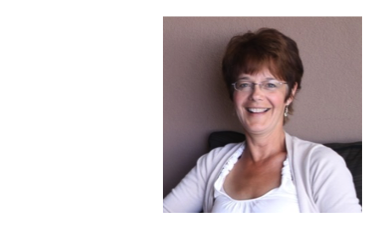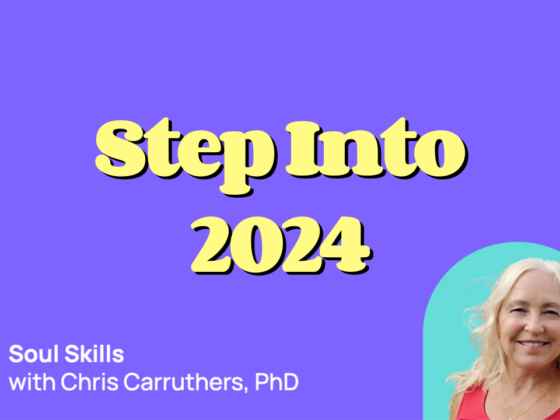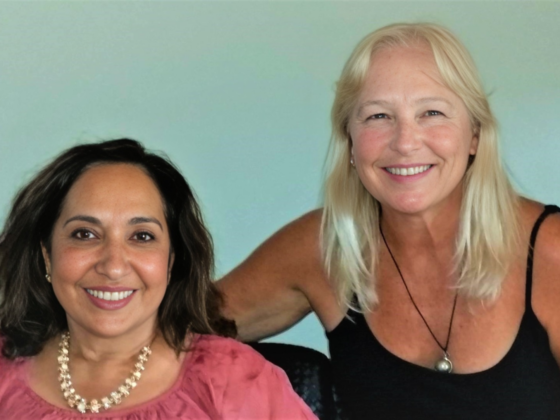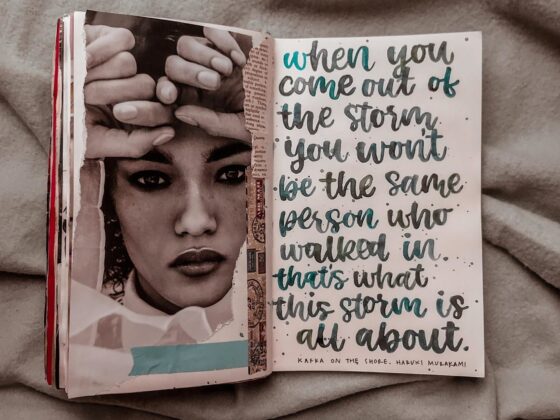Let me introduce you to my friend and colleague Valerie Free, the author of Lighting Up a Hidden World: CFS and ME. Valerie has lived with chronic fatigue syndrome (CFS) since 1990. She was a young woman in the prime of her life at age 30 when she became ill. (I was diagnosed in 1993 and had recovered by late 2001.) When we were diagnosed, the illness was very much unknown and misunderstood, as it had just been named “chronic fatigue syndrome” in the late ’80s. CFS is also known as myalgic encephalomyelitis (ME), and now it is often jointly referred to as ME/CFS. We are both deeply troubled that this illness still doesn’t have the medical recognition and political attention that is sorely needed.
Val and I chatted recently, and here is part of our dialogue.

CC: Tell us how our early conversation about journaling affected you and the creation of this wonderful book.
VF: Chris, that is a great story in itself. I was excited to connect with you after reading a 2009 article about all the cool stuff that you do, and I learned that you had ME/CFS yourself for seven years and did recover to lead a full life. You advised me to journal every morning — to write down all the churning thoughts and feelings about being chronically ill. Small bits of writing began, and over two decades of experience, knowledge, and research were put together, and a book was born!
CC: For me, expressive writing (journaling) was one of the key steps I took to lift myself out of illness. Although I was still very ill after five years, I did what felt nearly impossible: I worked towards my PhD dissertation to explore why writing was improving my pain and brain fog.
VF: I really appreciated you sharing with me what you learned about the power of Narrative Medicine (storytelling). It can empower patients by giving voice to their experience. It motivated me to encourage the ME/CFS community to share their perspectives in the book, along with my own.
VF: The statistics around ME/CFS are shocking! Approximately 1.2 million Canadians (3% of our population) have one or more of ME/CFS, fibromyalgia, or multiple chemical sensitivity. An estimated 17 million people worldwide are affected by ME/CFS. Most of us know someone with this or a similar condition. ME/CFS is an illness of equal opportunity — all ages, genders, races, and people of any socio-economic status can be affected.
There is no standard medical biomarker (for example, a blood test) to diagnose these illnesses. That is why the book includes information on chronic Lyme disease, environmental illnesses, celiac disease, multiple sclerosis and more. They can be hard to tell apart and can be overlapping.
The cost to society is exorbitant (billions of dollars), and it includes multiple medical visits, multiple lab tests to rule out other diseases, and the loss of productivity. Many patients cannot work at all or need reduced hours and lighter tasks, sometimes for the rest of their lives.
It is easy to confuse “chronic fatigue” or “general tiredness” with CFS/ME, so here are some of the symptoms of the illness so the differences can be understood:
- unexplained physical and mental fatigue
- post-exertional malaise (worsening of symptoms after any effort)
- sleep dysfunction
- pain
- neurological/cognitive manifestations
- autonomic manifestations such as orthostatic intolerance
- neuroendocrine symptoms such as subnormal body temperature
- immune changes such as recurrent flu-like symptoms.
There is no standard medical care or cure, and ME/CFS is not taught in most medical schools nor does it fall under any particular specialist’s care.
Less than 7% of the afflicted make full recoveries. Chris, your story is one of the few demonstrating a full recovery.
CC: Having lived with this illness, it is just astounding to me that you were able to create such a ground-breaking book in the midst of your daily challenges. Tell us about this experience, and how did you find the determination and heart to accomplish this?
VF: Writing and compiling this book was “a calling”. In the beginning stages, most of the ideas came to me when I was sick in bed, with my pen and paper nearby. I wrote them down as they came, and was left to decipher the gibberish the next day. I had been ill exactly 20 years at the time I started writing, and I was functioning at about 30–50 percent. Even though I was very unwell, I was compelled to follow this inspiration.
I had a lot of information and experiences to share. The research was stacked in my closets and under my bed because I was always learning and trying new things to help myself.
Not surprisingly, the year before publishing (2016) became very intense, and I knew I was relapsing. My health eventually worsened to 5% functioning, which was scary and desperate. The pain and suffering can be almost unbearable. This is the first interview I have attempted since then, so hopefully this is a sign that I am heading up the scale.
CC: Tell us why the book is designed the way it is.
VF: The book is designed in a very unique way. It has something for everyone — not only those with ME/CFS or other serious chronic conditions.
It is over 500 pages but it is designed to be read in short segments like Chicken Soup for the Soul.
Lighting Up a Hidden World: CFS and ME contains my story; stories from patients and professionals; resources; research study citations; and illustrations. It ends with a How to Help section (to help loved ones and to help the global cause); an Appendix including the Canadian Consensus Criteria (used for diagnosis and research), as well as tables and charts which will be helpful for patients and clinicians alike.
The way my personal story unfolded was entertaining. It started one day as I drove to a chiropractor appointment. I had just watched “The Sound of Music” near Christmas time, and as I drove, I could hear the tune of “My Favorite Things,” sung by Julie Andrews, in my head. My symptoms were raging that day and there was a Chinook blowing in. I began to sing my symptoms to the tune:
“Chinooks and low clouds and changes in pressure,
Full moons and melting and things you can’t measure,
Perfumes and diesel and food allergies,
These are the things that bring me to my knees.”
This was the beginning of 44 stanzas. I later found out that the late, great Blake Edwards, creator of “The Pink Panther” and husband of Julie Andrews, also had ME/CFS. I had been singing his symptoms, as well as mine, to her tune. That was quite a coincidence.
CC: Each person experiences the illness with a unique set of ever-changing neurological, immune, and endocrine symptoms. For me, improving sleep was the magical step that subtly and very gradually re-set these delicate systems. What are your thoughts about the importance of sleep for health and recovery?
VF: Quality of sleep is important for everyone, and I didn’t know how important it was until I became ill with ME/CFS. Before the sudden flu-like onset of my illness, I had been very active, very healthy, and a good sleeper. However, as the illness set in and became more complicated, I lost the ability to sleep at all. It was horrible.
I think all people need to learn what you have to teach about sleep and getting the most from it. Some of the first strategies ME/CFS experts offer are sleep hygiene techniques and sleep medication. In addition, I often play special music which relaxes my mind, and I wear something over my eyes even though the room is dark.
CC: Why do you want people to read this book, and what actions do you hope to inspire?
VF: ME/CFS research is sorely underfunded. The U.S. National Institutes of Health has allotted more funding to male pattern baldness than ME/CFS, and in Canada, there is no funding for it at all. We need more healthy people to sustain patient support and fundraising for research, because people with ME/CFS are often too ill to advocate for themselves.
All positive change begins with awareness, compassion, and education.
CC: ME/CFS is a horrific illness which robs too many people of their functional lives. Valerie and I encourage all of you to share this article and book as widely as you can; to donate time or energy to research and support organizations; and to reach out to a friend or family who is dealing with it.
Visit www.valeriefree.org to learn more about Val, her helper dog Cotton, and the book.
Dr. Chris Carruthers is a sleep health champion providing individuals with the information and skills they need to take smart action to overcome insomnia and conquer fatigue. For her curated list of practical sleep resources, click here.
With a lifetime career in healthcare and recovered after 7.5 years of Chronic Fatigue Syndrome and Fibromyalgia, Chris shares her sleep strategies through speaking, coaching and her signature program, The Sleep Well Tonight Method.









